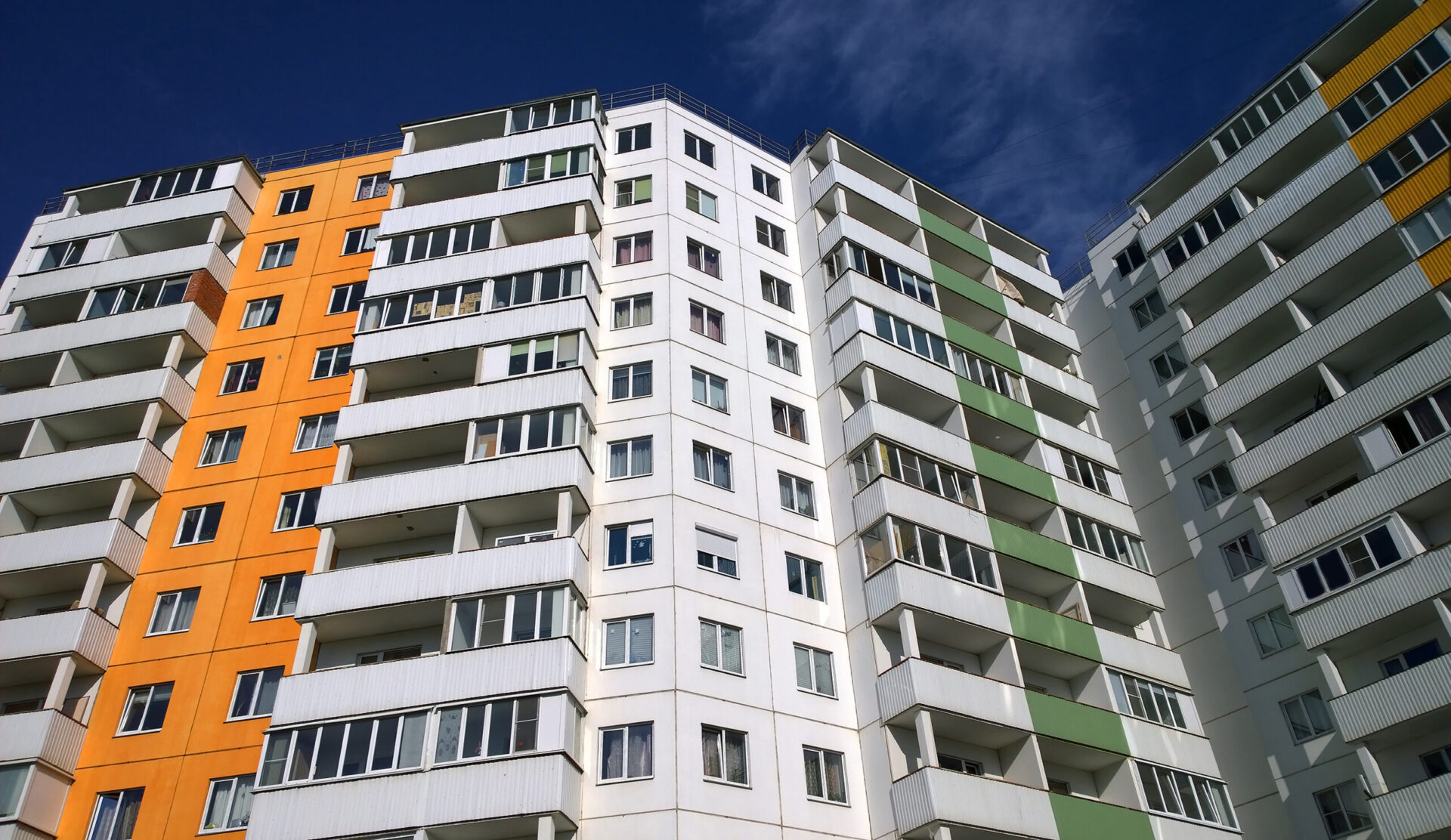By KIMBERLEY HAAS
As prices for rental housing continue to climb in many parts of the country, bidding wars are becoming more common.
According to a report released last week by Joel Berner and Danielle Hale for Realtor.com, rent has reached another high in the company’s data history, averaging $1,827 in the 50 largest US metropolitan areas.
Rental increases are most pronounced in Sun Belt metros, Berner and Hale wrote. That is because as more people have the opportunity to work remotely they are choosing warmer climates to live in.
Three Florida metros are particularly affected. They include Miami, where rent was up 51.6% from April 2021; Orlando, 32.9%; and Tampa, 27.8%.
Overall median rent in the Miami, Fort Lauderdale, and West Palm Beach areas of Florida is $2,800. A studio unit costs an average of $2,450.
Southern and southwestern cities like San Diego (25.6%), Las Vegas (24.8%), Austin (24.7%), Nashville (24.1%), Raleigh (23.9%), and Jacksonville (23.3%) are among the top ten markets where rent has grown the fastest year-over-year, according to the report.
Overall median rent in the San Diego and Carlsbad area of California is $3,125. A studio unit costs an average of $2,447.
The Yardi® Matrix Multifamily Report released earlier this month shows that the average asking rent in the United States rose $15 in April to a record $1,659.
Of the top 30 metros looked at, rent growth was up at least 8.8% over last year in all but one, according to analysts. They confirmed that the markets in Florida and the Southwest maintained the top spots year-over-year.
As jaws drop at the price increases, finding a place to live has become a competitive sport in some metros.
According to an article by Will Parker for the Wall Street Journal, the biggest problem recent college graduates face is a surge in rental prices.
Parker wrote that although the National Association of Colleges and Employers reports that 2020 graduates made 14% more than they did 10 years ago with starting salaries of about $55,000, the prices of housing offset that increase.
Typically rent cannot exceed one-third of a person’s salary. At $55,000 that’s $1,527 per month.
A renter would be priced out of the average studio rental in Atlanta, Boston, Charlotte, Chicago, Denver, Los Angeles, Miami, Nashville, New York City, Orlando, Sacramento, San Diego, San Francisco, San Jose, Seattle, Tampa, and Washington, DC.
In some areas, housing is so tight that despite high prices, potential tenants are participating in bidding wars.
Janet Siroto wrote an advice article for Realtor.com that was published this month where she described her 20-something-year-old son who had been looking for an apartment in New York City.
This is what a listing for an apartment said, according to Siroto:
“The rental market is very competitive right now. We are routinely seeing bidding wars (usually reserved for apartments for SALE) on rental units. Based on the response to date, this apartment will surely be headed for competitive bidding, with the VERY HIGHEST OFFER taking it.”
Siroto said bidding wars for rental housing are also being noticed in Los Angeles and Austin, Texas. She advised potential renters to be proactive, know their budget, get their paperwork in order, and have extra money in the bank.
What is to blame for these high rents and bidding wars?
Lack of inventory is the problem in many cases but some people are laying additional blame on short-term rental businesses, such as Airbnb.
In an article for Curbed, Kim Velsey wrote that there are now bidding wars in every five Manhattan rental apartments.
New York reportedly has more Airbnb listings than apartments for rent, which has always been a concern of people who challenge the role these companies play in the housing market.
What are officials doing about this?
Earlier this month, U.S. Housing and Urban Development Secretary Marcia Fudge traveled to Columbus, Ohio to announce actions in the Biden-Harris Administration Action Plan to Ease the Burden of Housing Costs.
The Plan is a set of legislative and administrative steps designed to close the housing supply gap within the next five years.
A press release about the trip states that under the plan – which builds on the steps the Administration announced last September to build and rehabilitate 100,000 homes over the next three years – HUD will support the production and availability of manufactured housing, continue to drive housing production, and work to create affordable rental housing.
“The Housing Supply Action Plan is the latest step HUD, and the Biden-Harris Administration are taking to expand our nation’s supply of affordable housing,” Fudge said. “This plan will ease costs for families across the country and give communities the tools they need to make more affordable housing available to residents.”
Read More Articles By Kimberley Haas:
Settlement Secured In Sexual Harassment Suit Against Landlord
New Program Helps Buyers Get Energy-Efficient Appliances With Their Home Loan
Acting Comptroller Discusses Bank Mergers
Email story ideas to Editor Kimberley Haas: [email protected]
